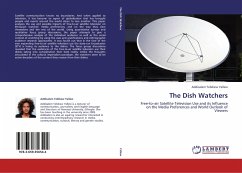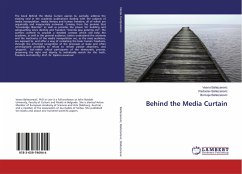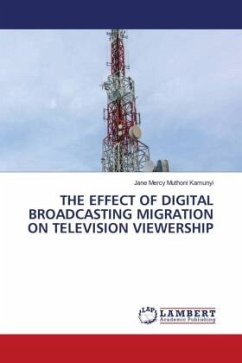Satellite communication knows no boundaries. And when applied to television, it has become an agent of globalization that has brought people and events around the world closer to one another. This paper analyses the use and possible impacts of free-to-air satellite television on Ethiopian watches media preferences, and on the way they view themselves and the rest of the world. Using quantitative surveys and qualitative focus group discussions, the paper attempts to give a comprehensive analysis of the individual audience as well as the social context of watching by using the uses and gratifications and ethnographic audience research approaches. It was found out that in the face of the ever expanding free-to-air satellite television use the state-run broadcaster (ETV) is losing its audience to the dishes. The focus group discussions revealed that the audiences of the free-to-air satellite television use their dishes taking into consideration their lived reality. Unlike the thoughts articulated in the cultural imperialism paradigm, the watchers seem to be active decoders of the content they receive from their dishes.
Bitte wählen Sie Ihr Anliegen aus.
Rechnungen
Retourenschein anfordern
Bestellstatus
Storno








